Baby dental care is an essential aspect of infant care. A proper baby dental care routine can lay the right foundation for the future oral health of your child. This post, contributed by Dr Dwiti Thanawala, a dentist by profession and a mother of a toddler, is a detailed guide to baby dental care. She guides about caring for baby’s oral hygiene from 0 – 2 years of age.
Importance of baby dental care
“You don’t have to brush all your teeth–just the ones you want to keep” – Unknown
Baby teeth play a vital role in baby’s development. Although they are temporary teeth, they are a useful tool to chewing solids (babies who are ready for solids can chew even when toothless), crucial for speech development and a placeholder for permanent teeth [2].
Caries [1], also called cavities, is the decay of teeth. This decay of teeth is caused by acid which is produced by bacteria (oral flora) present in the baby’s mouth. Any food material, especially high in sugar, if deposited around the teeth for a long time, can result in an acid attack by the bacteria on the teeth’s surface. A persistent acid attack, in the absence of proper dental care or poor dietary habits, can cause erosion of teeth’s surface and result in caries.
If untreated, caries can lead to infection, severe pain, foul smell from the mouth or even removal of affected teeth. Damaged or decayed teeth can affect your baby’s ability to chew food (which in turn can affect overall health). It can also affect permanent teeth or in some cases even affect baby’s speech abilities.
A regular baby dental care routine can help prevent caries and adorn your baby’s smile with shining pearlies :-).
How to care for baby’s dental health
Right after your baby’s first tooth erupts, dental care becomes essential to avoid caries. Ideally, baby’s oral hygiene can begin with caring for baby’s gums, even before baby’s first tooth erupts.
Baby oral care before the first tooth erupts
Cleaning baby’s gums regularly can avoid plaque deposits on the gums. Cleaning gums regularly ensure that the first set of emerging tooth/teeth also gets cleaned.
Use a soft cloth (e.g. muslin cloth) to clean baby’s gums. Wrap this cloth around your finger, damp it with potable water and gently massage or wipe over baby’s gums. You can have this cleaning routine before bedtime or after baby wakes up in the morning. A routine to clean baby’s gums may ease the transition to brushing when teeth appear.
Baby oral care after the first tooth erupts
After baby’s first tooth appears, you can use a brush to clean the teeth.
A finger brush or any age appropriate baby brush with soft bristles can be used for brushing baby’s teeth. You can also use a non-fluoride toothpaste while cleaning baby’s teeth. It is advisable to use non-fluoride toothpaste till baby learns to spit out the paste.
Brush baby’s teeth daily, ideally after waking up in the morning and before going to bed.
Primary caregiver should brush baby’s teeth. Many babies learn to brush by imitating brushing action of their parents/caregiver. You can encourage your baby to hold the brush or mimic the brushing technique. But the primary caregiver should continue to brush baby’s teeth till the baby can correctly brush his teeth.
Preventing teeth decay in babies
Brush your baby’s teeth on a daily basis. If possible brush before sleeping at night and after waking up. Encourage your baby to drink water at regular intervals through the day, especially after meals or snacks.
Food items high in sugar should be consumed in moderation. Food items which are high in sugar (even fruit juices) when consumed frequently can result in caries. Help baby flush out these items from the mouth by brushing or by encouraging baby to drink water.
Practise moderation when giving sticky food items, which stubbornly stick between teeth, to your baby.
Feeding bottle caries
‘Feeding bottle caries’ or ‘nursing bottle caries’ is a preventable disease, common amongst children under 5 years of age [3]. It is prevalent amongst (but not restricted to) bottle fed who bottle feed to sleep. Babies who bottle feed to sleep may end up having milk (or formula) in their mouth through the night. Presence of animal milk/formula for such a long duration may result in caries. Avoid bottle-feeding your baby to sleep. If baby prefers to drink animal milk/formula before sleeping, make sure to clean baby’s teeth before bedtime.
Baby’s first visit to a dentist
Visit a dentist (preferably a paediatric dentist) when your baby’s first tooth erupts, or when your baby turns one year old. A dentist can guide you through an appropriate baby dental care routine.

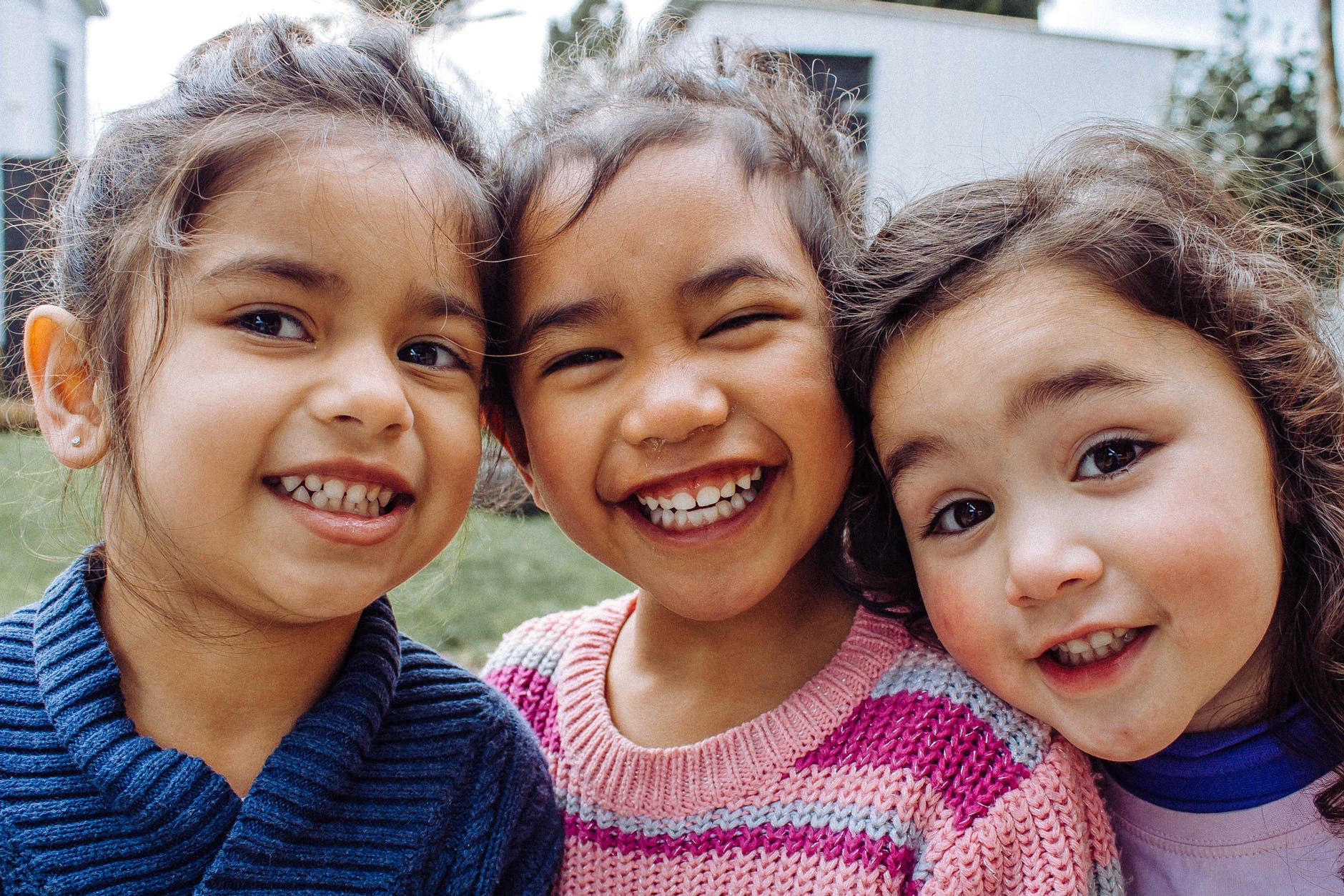
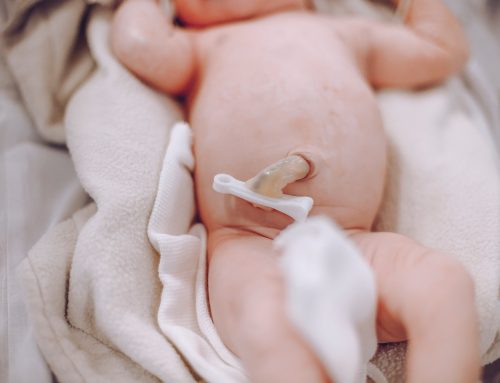
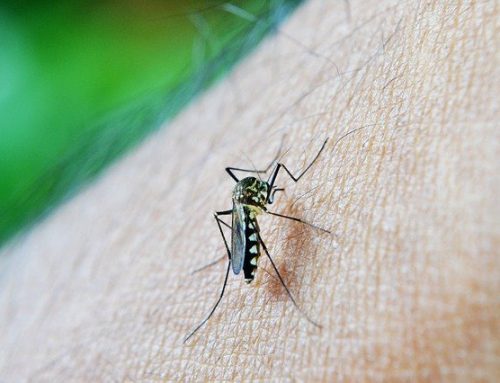
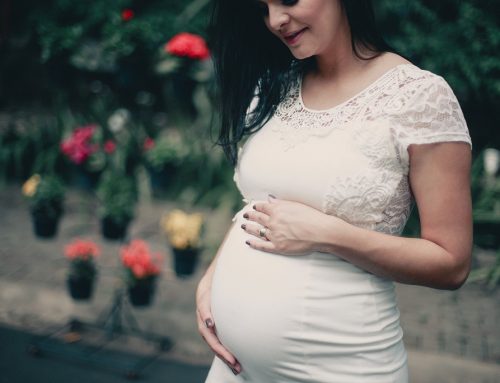
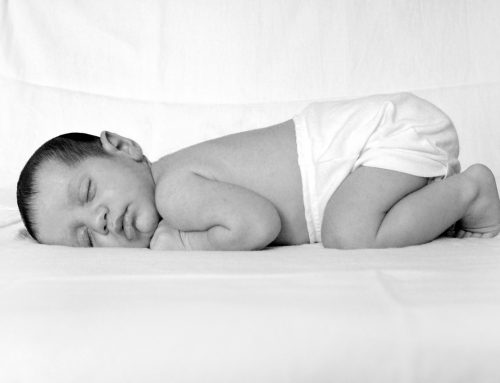
This is so perfectly written exactly what a mom would want to know without googling it or asking a dr. Rohini your blogs are very apt,to the point, and extremely helpful. Keep up the good work and I hope a lot of other mommies would get help from your blogs.
Thank you Neha!